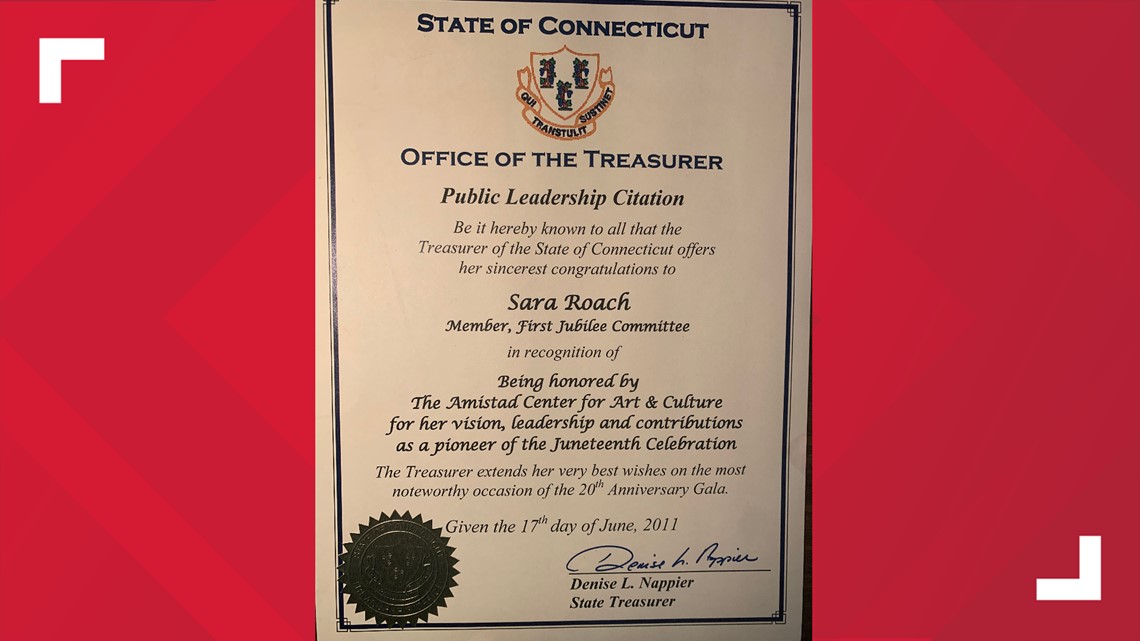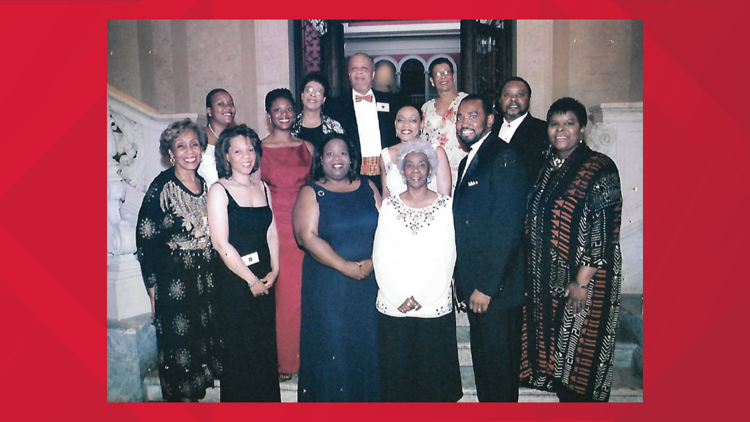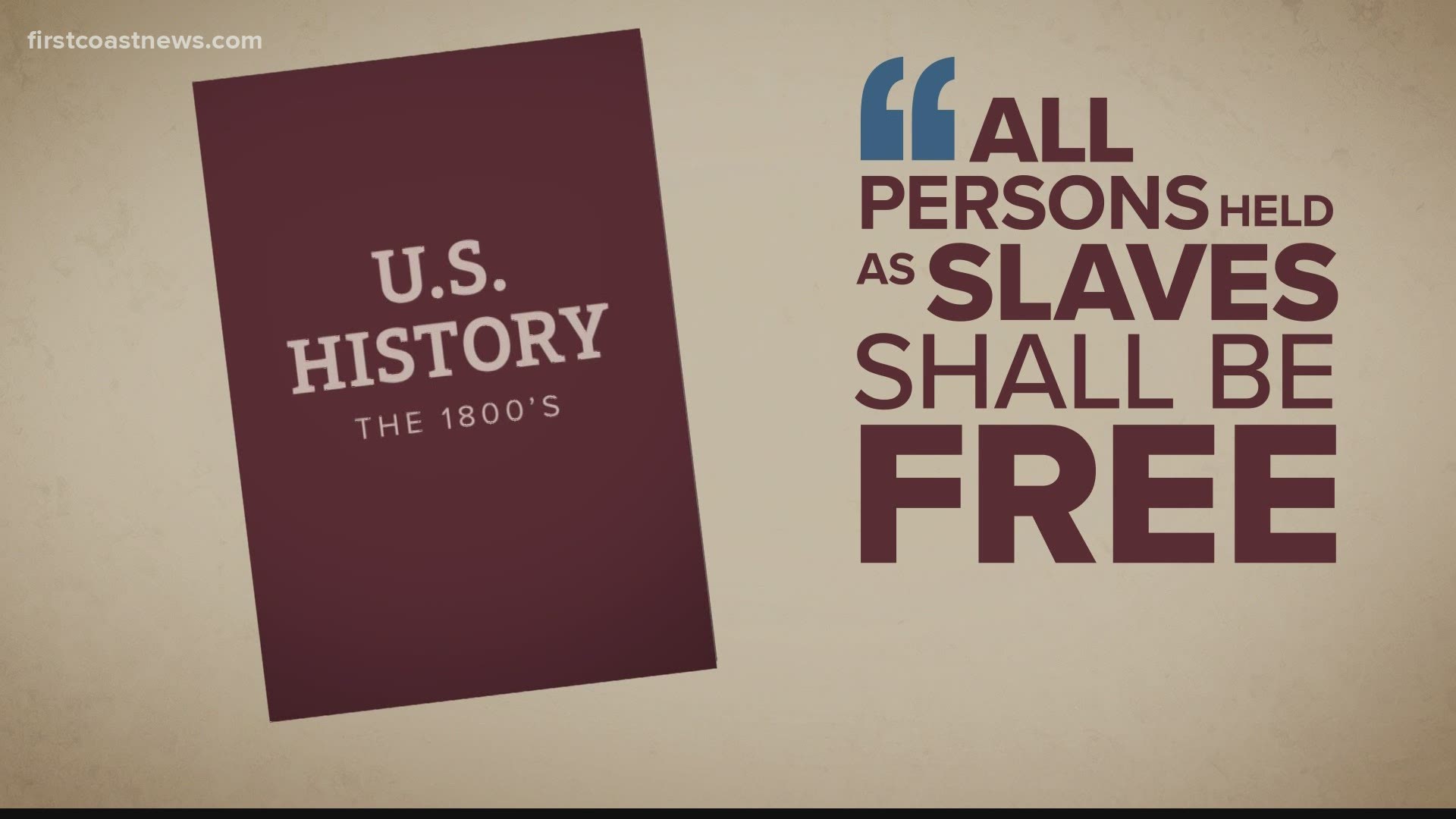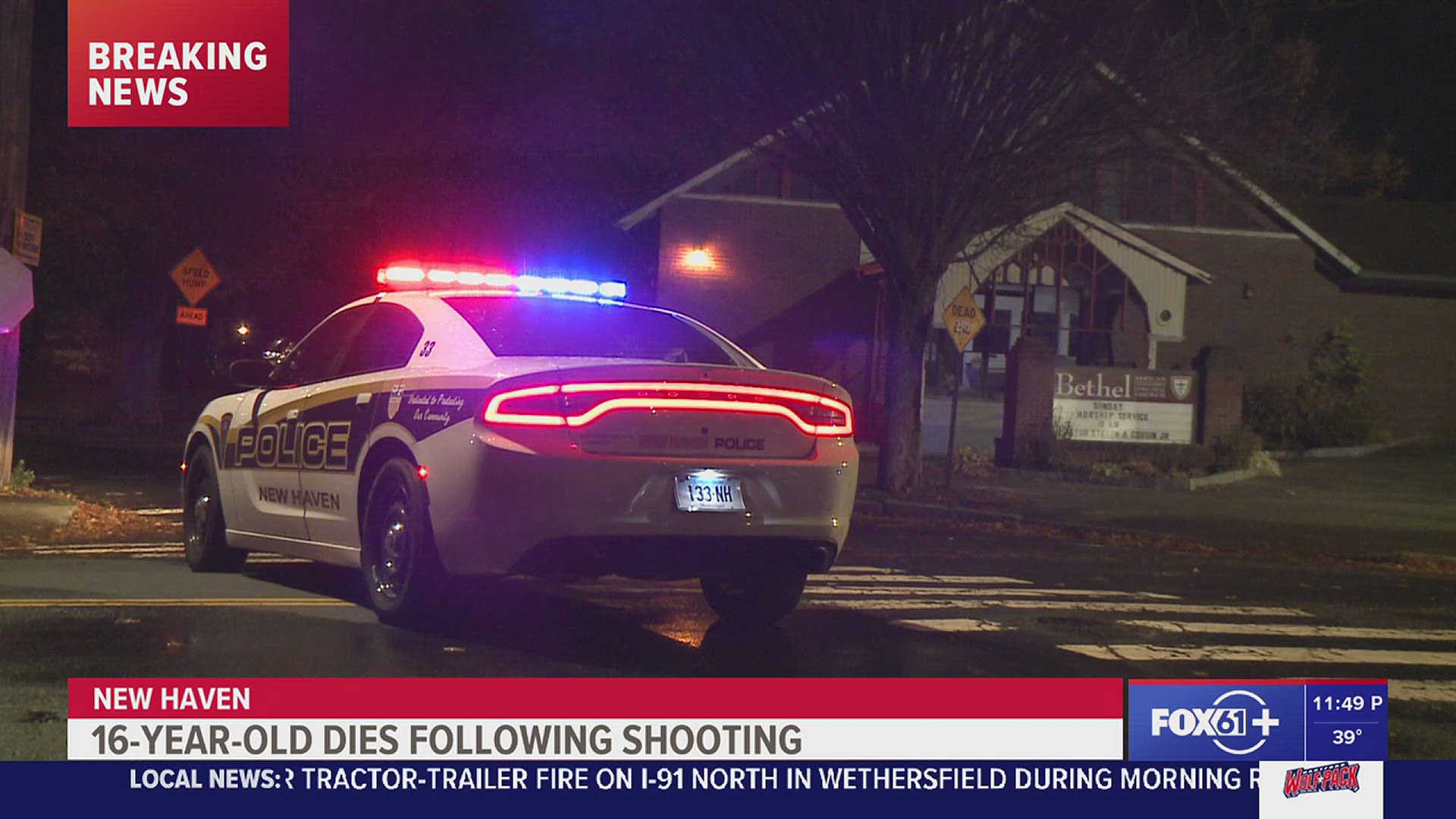HARTFORD, Conn —
As the nation faces a reckoning on racial inequality, sparked by the death of George Floyd, many just began to learn about the history of Juneteenth this weekend.
However, the commemoration dates back to 1865 when Union soldiers – led by Major General Gordon Granger – rode in Galveston, Texas.
General Granger announced the Civil War had ended and read General Order No. 3, which stated: All slaves are free.
While President Lincoln's Emancipation Proclamation became official in January of 1863, General Robert E. Lee's surrender and Granger's arrival over two years later, made Union troops now strong enough to enforce the Executive Order.
Jubilant celebrations followed the monumental announcement.
Despite some beliefs today that Juneteenth had never really been recognized, those special traditions have continued throughout the years – even in Connecticut.
The Amistad Center for Art and Culture went virtual Friday night to hold its 2020 Juneteenth Gala.
The event was live streamed on Facebook, Twitter and Instagram and guests were still encouraged to wear festive, Afrocentric attire, as they logged on from home.
During the event, attendees enjoyed jazz and R&B performances from a saxophonist, participated in a virtual toast to mark the 155th commemoration, learned more about the Amistad Center's future and raised money to further its mission through donations and an online auction.
Today, a historian and renowned Hartford teacher is reflecting on how and why celebrations were brought here nearly three decades ago.
In 1992, the first annual Juneteenth celebration emerged in the capital city.
83-year-old Sara Roach, who taught for over 30 years at the Noah Webster School was among a group of community volunteers who dubbed themselves the ‘jubilee committee.’
Roach said having a virtual Juneteenth celebration this year was an interesting thing and the COVID-19 pandemic caused there to be a stark difference from their plans.
“But the important thing is that they are remembering to celebrate,” she said.
Roach credited the late Barbara Alleyne for really bringing the idea to the city.
Alleyne is a Hartford legend, who also taught Black history in her elementary school classrooms for 30-plus years. Before her passing in 2011, she volunteered heavily with the Amistad Foundation, which became a vital part of bringing the event to fruition.
“She saw a Juneteenth celebration out-of-state, came back and wouldn’t stop talking about it,” Roach said, as she recalled those first conversations with Alleyne.
While the legacy of Juneteenth is widely honored among African-Americans, Roach remembered Alleyne being passionate about expanding beyond the black community.
“Barbara said to me, that is what we need to do. We need to make sure that people in Hartford who are interested in knowing about our history, know it in a way that they might enjoy.”
Alleyne reached out to colleagues, close friends and sorority sisters of Delta Sigma Theta Sorority Inc. From there, the jubilee committee was formed.
It was spearheaded by Alyce Rawlins, the late Amistad Foundation curator Barbara Hudson, the late Patricia Wiggins of the Wadsworth Athenuem and the late Marilyn Strong, along with Alleyne, Roach and others.
The celebration became a three-day event:
- Friday – A gala
- Saturday – A day for the whole family with children’s activities
- Sunday – A brunch
When asked why she believed it was important for Connecticut residents and those across the country to understand the history of Juneteenth, Roach said:
“Because we, as African-Americans are so much a part of history, but we’re not in the history books.”
Roach recalled the first annual event not being very well attended. According to her, people didn’t fully understand the significance at the time.
However, after Alleyne and the committee worked on it for the entire year, the second annual was a complete success. Juneteenth in Hartford became a weekend of a sold-out events for years to come.
Back then the jubilee committee decided the gala’s attire would be formal and/or Afrocentric, which continues today.
That theme was an ode to their ancestors.
“We dressed as the slaves dressed,” Roach said, “Whenever they went to a wedding, or to church, they dressed up and put on the best clothing they had. They were so proud of the times they had to do it. Our forefathers were our example.”
This week, during an interview with the Wall Street Journal, President Trump claimed that he made Juneteenth 'very famous.' However, Roach says that couldn’t be further from the truth.
RELATED: 'I made Juneteenth very famous' | President Trump claims he deserves credit for celebration
“I want people to know that Trump is wrong,” she said. “Many African-Americans already knew and understood the importance of Juneteenth.”
According to Roach, people outside the black community should make strides to join their counterparts in commemorating the liberation of all slaves.
As an educator, her personal involvement in the Hartford jubilee became a catalyst for local students being educated on the significance of that June 19th date.
Roach says she can only hope that the legacy of educating youth on topics they may not generally see in books and classrooms, will also be kept alive in Connecticut.






